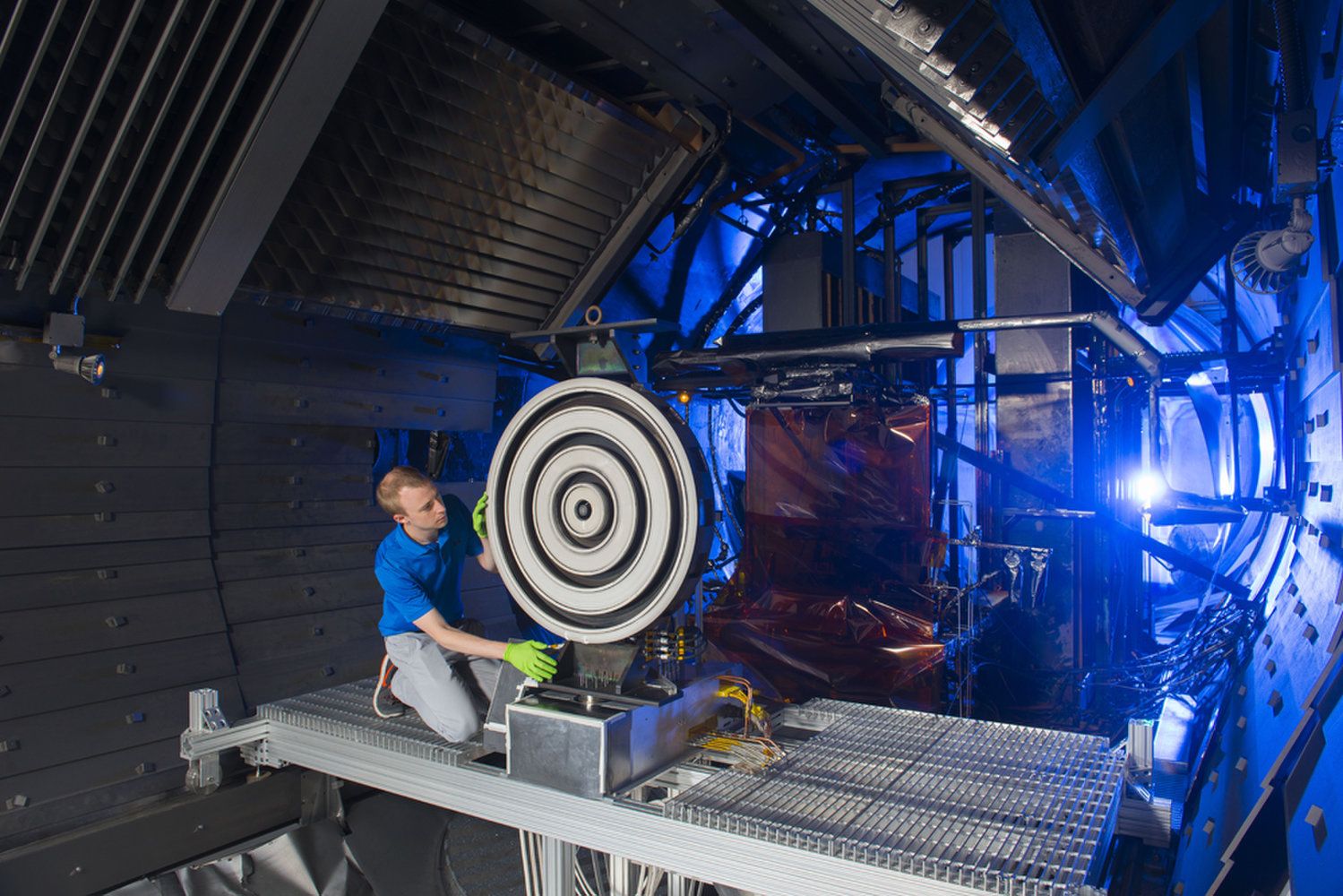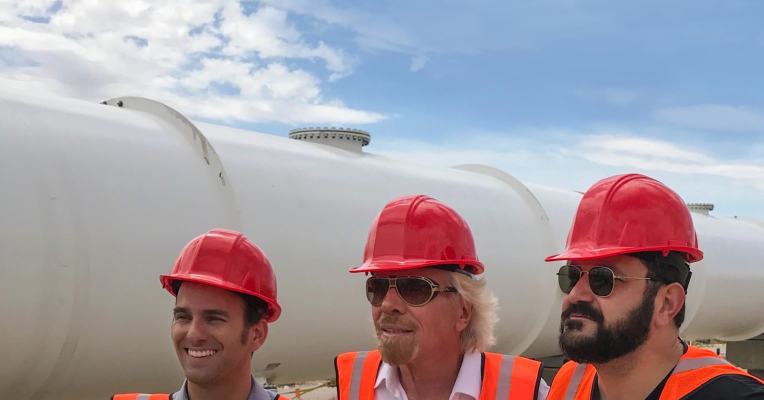A thruster that’s being developed for a future NASA mission to Mars broke several records during recent tests, suggesting that the technology is on track to take humans to the Red Planet within the next 20 years, project team members said.
The X3 thruster, which was designed by researchers at the University of Michigan in cooperation with NASA and the U.S. Air Force, is a Hall thruster — a system that propels spacecraft by accelerating a stream of electrically charged atoms, known as ions. In the recent demonstration conducted at NASA’s Glenn Research Center in Ohio, the X3 broke records for the maximum power output, thrust and operating current achieved by a Hall thruster to date, according to the research team at the University of Michigan and representatives from NASA.
“We have shown that X3 can operate at over 100 kW of power,” said Alec Gallimore, who is leading the project, in an interview with Space.com. “It operated at a huge range of power from 5 kW to 102 kW, with electrical current of up to 260 amperes. It generated 5.4 Newtons of thrust, which is the highest level of thrust achieved by any plasma thruster to date,” added Gallimore, who is dean of engineering at the University of Michigan. The previous record was 3.3 Newtons, according to the school.







